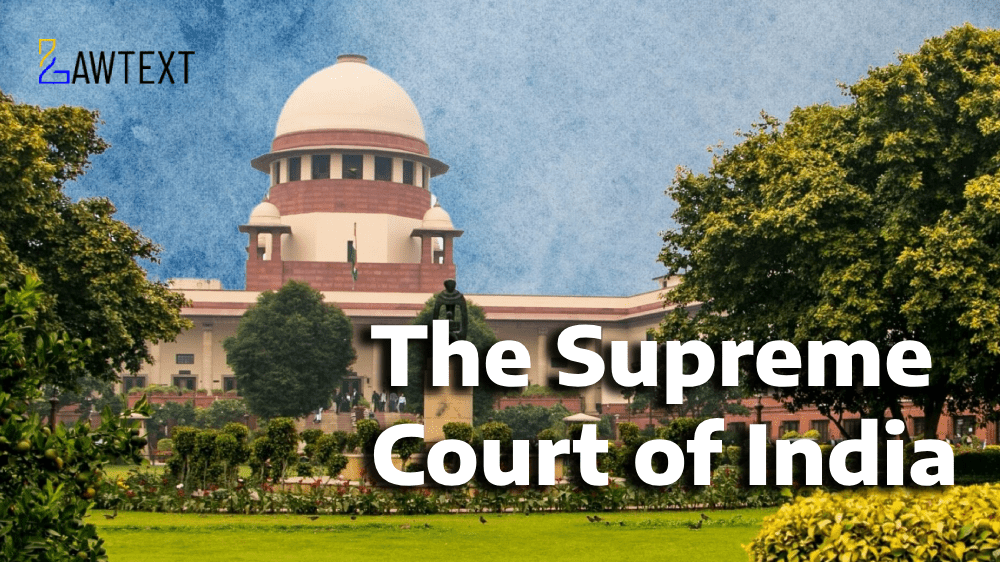

The Supreme Court of India dismissed the appeals brought by Nisar Ahmad and others, affirming the High Court's decision on a protracted land dispute concerning Khata Nos. 98, 99, and 100 in Sultanpur, U.P. This case examined claims of co-tenancy and inheritance rights, addressing significant issues on the application of Hindu law principles in property disputes involving Muslims. Central to the decision was the recognition of a registered relinquishment deed and a 1922 lease deed, which together determined the property shares in favor of the respondents, Sami Ullah's legal heirs. The Supreme Court confirmed that the appellants’ claim of joint family property and a half-share entitlement was legally unsound, reducing it to a 1/12 share in the said lands.
1. Case Background
The dispute stems from the claim by Zahoor Ahmed, father of the appellants, over Khata Nos. 99 and 100, with a half-share entitlement. The initial decision by the Consolidation Officer granted Zahoor Ahmed co-tenancy rights in Khata No. 99 but dismissed his claim over Khata No. 100.
2. Appeals and Revisions
Sami Ullah’s heirs and Zahoor Ahmed’s legal successors filed appeals under Section 11(1) of the Uttar Pradesh Consolidation of Holdings Act, 1953, which were dismissed. However, a subsequent revision by the Deputy Director reversed this, dismissing Zahoor Ahmed's share claim based on a relinquishment deed by Zahoor himself in favor of the respondents.
3. High Court Decision
The High Court, rejecting the appellants' claim under Hindu law principles, reaffirmed that the lease deed and the relinquishment deed were decisive. It awarded the appellants only a 1/12 share in Khata Nos. 98 and 99 while excluding the plots solely owned by the respondents.
4. Supreme Court Judgment
The Supreme Court upheld the High Court’s ruling, finding the appellants’ claims unsupported by substantive evidence and the legal tenability of joint family ownership among Muslims irrelevant. This final judgment confirmed the limited 1/12 share of the appellants and closed related contempt proceedings.
The primary legal rationale in this case rests on the applicability of property law principles concerning Muslims, where joint family property concepts under Hindu law do not apply. The court's emphasis on the authenticity of the registered relinquishment deed and the unambiguous lease deed eliminated any presumptions of co-tenancy or joint family property, aligning the judgment with statutory and evidentiary standards.
Civil Law, Property Dispute, Land Consolidation
Land Inheritance, Co-tenancy, Muslim Law, Relinquishment Deed, Consolidation Act
Citation: 2024 LawText (SC) (10) 242
Case Number: CIVIL APPEAL NO(S). 9739-40 OF 2011 WITH CONTEMPT PETITION (C) NO. 194 OF 2022
Date of Decision: 2024-10-24
Case Title: NISAR AHMAD & ORS. VERSUS SAMI ULLAH (DEAD) THROUGH LRS. & ANR.
Before Judge: [ABHAY S. OKA J. , UJJAL BHUYAN J.]
Appellant: NISAR AHMAD & ORS.
Respondent: SAMI ULLAH (DEAD) THROUGH LRS. & ANR.